Sabil and its more ornate partner, Selsabeel, make refreshingly ‘different yet manageable’ choices for Arabic names in an English-speaking world.
TL;DR? Jump down to see the Haluna Happy Names verdict for these two names.
REFRESHING MEANINGS:
Isn’t a bubbler in the street or park just the best when you are out on a hot day? Dusty and parched, you come across one and blissfully refresh yourself with cool water.
If you’ve travelled through Turkey, India, North Africa or the Middle East you may have seen ornate public fountains in busy streets, at crossroads, in squares, or outside mosques. The fountains were often built long ago, by philanthropists, to ease the suffering of those less fortunate. Sometimes there is an attendant to dispense the water from behind a grille. In other cases, there is just a tap, perhaps with a steel cup sitting on the fountain’s ledge. Passers-by can quench their thirst and mop their brows, even perform their ablutions for prayer. The fountains are often richly detailed with stone engravings or colourful patterned ceramic tiles, and may bear a plaque or engraving naming the benefactor of the fountain and asking people for prayers for his soul. The name for these fountains is ‘sabil’.
Sabeel is an Arabic word from the root letters س-ب-ل (S-B-L), and equivalent root words can be found in other Semitic languages, Syriac and Hebrew. The base verb means ‘to fall down’ or ‘to drop’. The primary meaning of the noun ‘sabeel’ is ‘way’, ’path’, or ‘necessary connection’. It is very commonly found in the Qur’an with that sense, both literally and metaphorically, referring to the path of righteousness through life. This metaphorical meaning is reflected when Sabeel is taken as a personal Arabic name for a girl or boy. Personally I love Sabeel as a name for a boy.
But sabeel has another meaning, ‘life-giving spring of water’. This makes sense, as a spring is something that drops. And thus, sabeel means a public fountain like the ones I’ve just described. Sabeel is used in this way all across the Arabic-speaking nations in North Africa and the Near East, but also across the Indian subcontinent, and in Turkey.
Selsabeel, (or Salsabil), the name we chose for our exceptional eldest daughter, is a beautiful, related, Arabic name for girls. There is just one mention of Selsabeel in the Qur’an, in Surat-al Insan. It contributes to one of the passages describing Paradise and of what the Righteous will experience in the Afterlife.
'و يسقون فيها كأسا كان مزاجها زنجبيلاً، عينا فيها تسمى سلسبيلاً‘
'And there they will be given a cup whose mixture is of ginger, (from) a fountain there, called Salsabil.’
(Surah al Insan, vv17-18).
The Arabic word used in the Quranic verse عين (_ain_) , can mean either natural spring, or fountain. So Salsabil is a fountain or a spring in Paradise, with a flavour of ginger. The Arabic word for ginger is ‘zinjabeel’, and in the Quran the two beautiful lines rhyme, zinjabeel with Selsabeel.
There is one more usage of the word Selsabeel, one I’ve learnt from Wikipedia, which takes us back to fountain architecture! A ’salsabeel’ can refer to a type of fountain where the water is spread in a thin sheet over a ridged cold stone surface as it falls. This facilitates evaporation, which in turn cools the surrounding air. An air conditioner that doesn’t need electricity would certainly feel like a fountain of Paradise on a burning day in India or the Middle East! These stone constructions can be found across the historic Islamic world from Spain to Mughal India.
MANAGEABLE SPELLING AND PRONUNCIATION:
Both these names, Sabil and Salsabeel, get full marks from me for their pronunciation in English - no tricky uniquely Arabic tongue twists or throat clenches are required. Sabil is easy to read, pronounce, and say. Selsabeel can be a bit of a mouthful for monoglots - who might mix it up with Isabel. But neither name is hard to say!
There are a few spelling options. The traditional spellings are Sabil and Salsabil. We chose ’Selsabeel’ for our daughter because the first ‘a’ sound in the Arabic is very light and we didn’t want it to be over-emphasised. We preferred ‘ee’ over ’i’ to encourage people to lengthen that final vowel. It was important to make it as easy as possible for people getting their tongues around an unfamiliar name to be able to pronounce the name they read as accurately as possible.
Finally, some fun facts. As I have shown, Salsabil as a name has a wonderful (heavenly!) connotation. This has led to the name being used to name other things. Most prominently there is a neighbourhood in Tehran called Salsabil. And Salsabil was also race-winning English-stabled filly horse with a white blaze, owned by an Emirati sheikh in the 1980s-90s.
<div class='pixels-photo'>
<a href='https://500px.com/photo/159699345/SabilKuttab-of-Katkhuda-by-Khaled-Noaman' alt='Sabil-Kuttab of Katkhuda by Khaled Noaman on 500px.com'>
<a title="Robert Prazeres, CC BY-SA 4.0 <https://creativecommons.org/licenses/by-sa/4.0>, via Wikimedia Commons" href="https://commons.wikimedia.org/wiki/File:Qaytbay_sabil_interior_salsabil.jpg"><img width="256" alt="Qaytbay sabil interior salsabil" src="https://upload.wikimedia.org/wikipedia/commons/thumb/0/09/Qaytbay_sabil_interior_salsabil.jpg/256px-Qaytbay_sabil_interior_salsabil.jpg"></a>
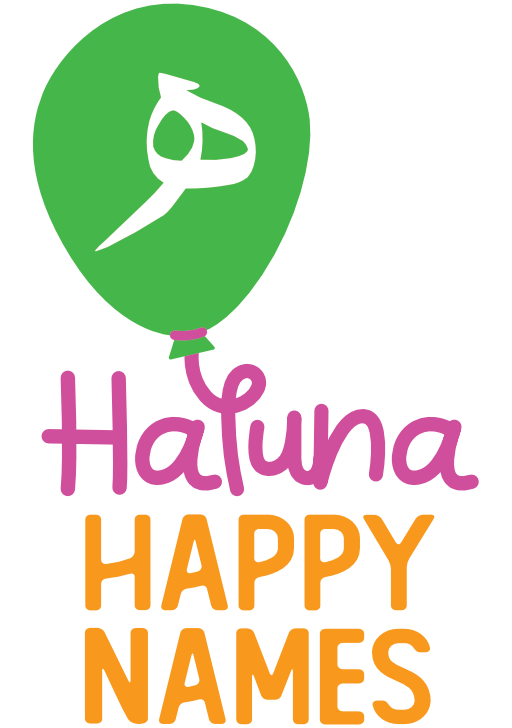
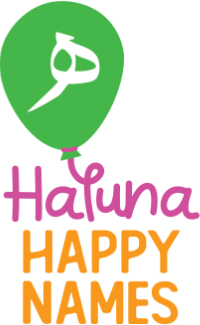
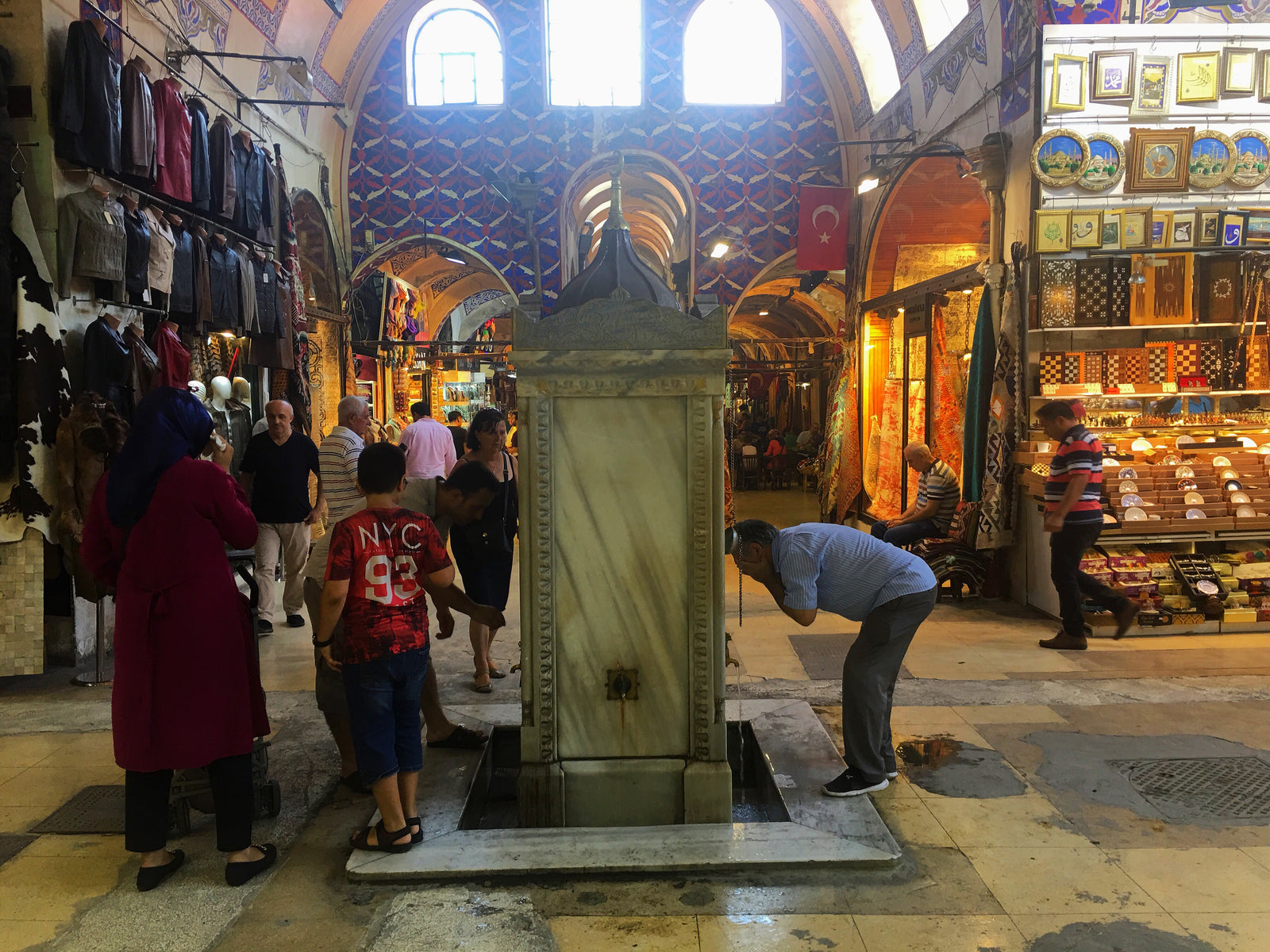
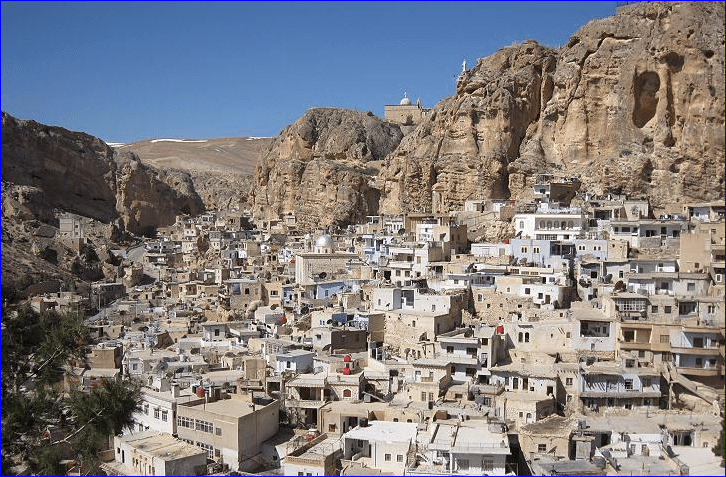

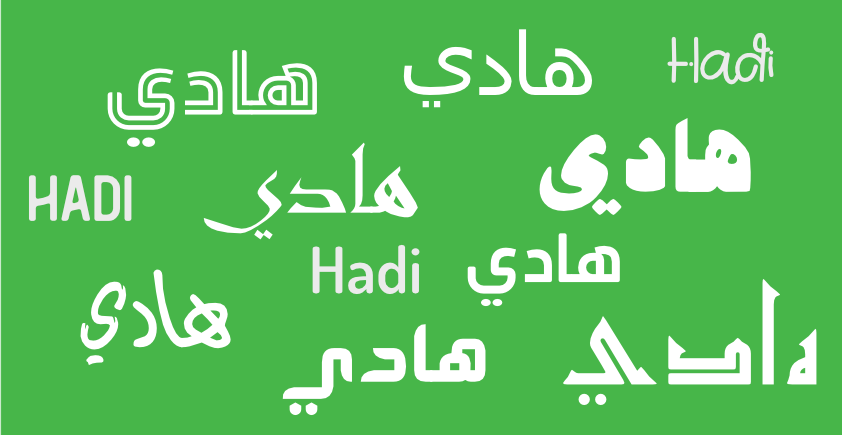
Leave a comment (all fields required)